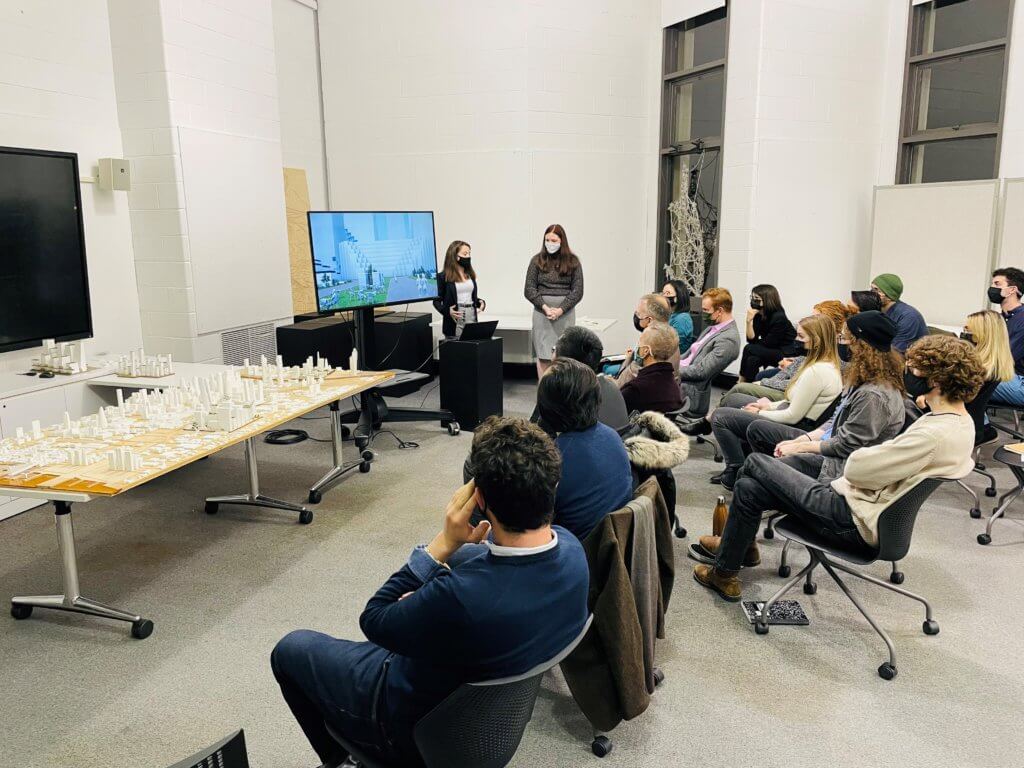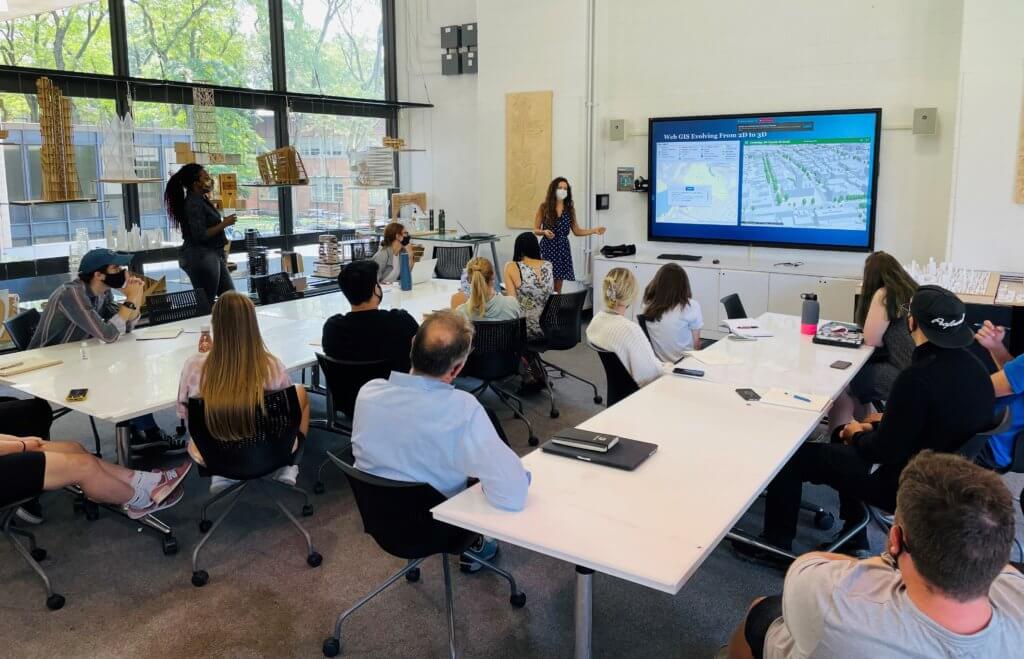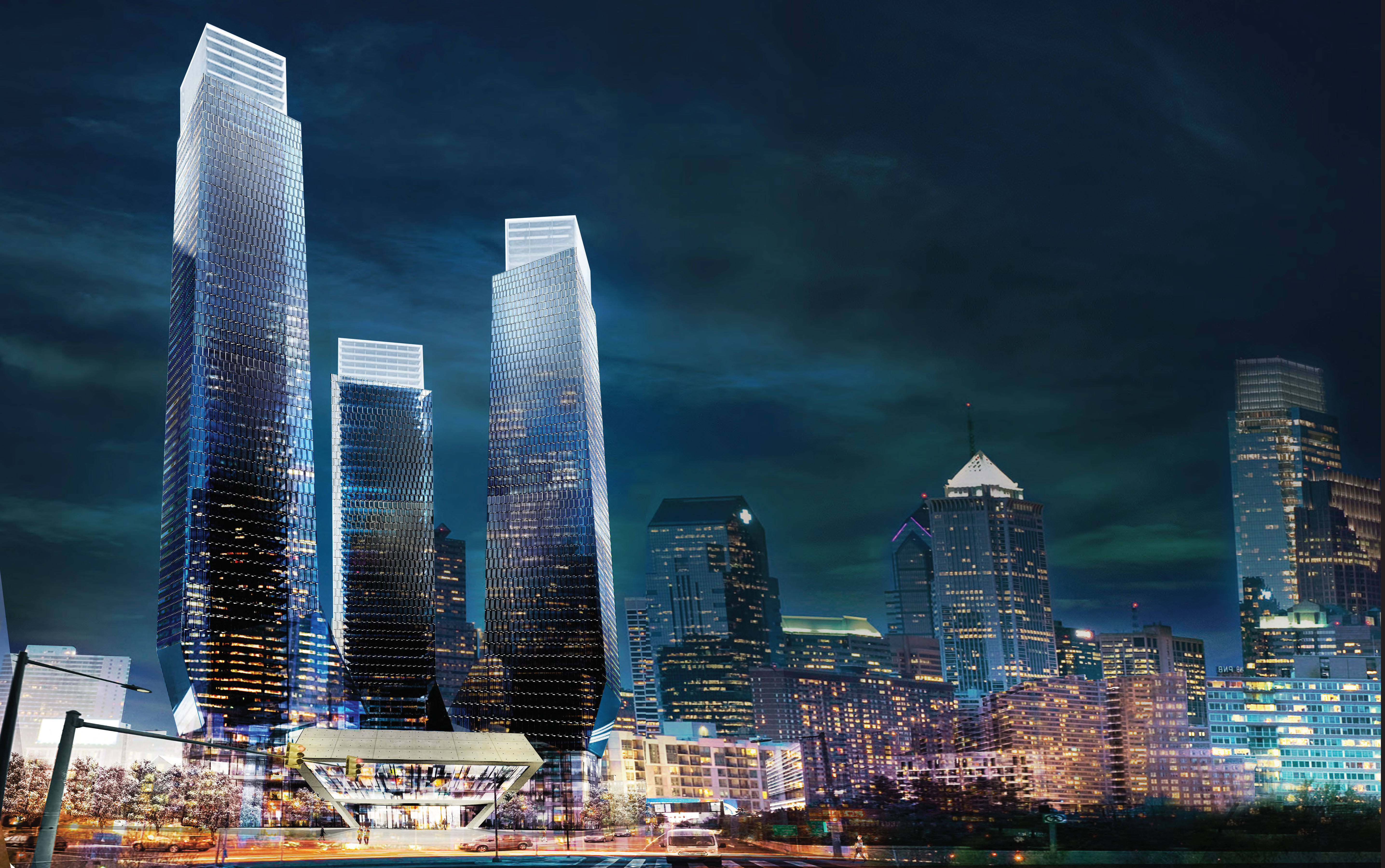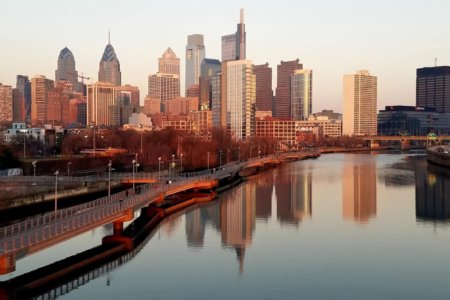Heraclitus, a pioneer of wisdom and Greek philosopher famously once said: “Change is the only constant in life.” Nowhere is this more evident than in over 10,000 cities housing over half of our world’s population. The biggest change of all will be the increasing number of families and individuals following suit to enjoy greater access to healthcare, education, and efficient infrastructure (the United Nations projects around 2.5 billion more people will be living in cities by 2050).
That said, city ecosystems will need to be examined holistically to ensure they are right for its residents and the environment. Urban designers, architects, and researchers will be at the forefront of studying these shifts — ensuring the right efforts are made to transform cities to become more sustainable, equitable, and enjoyable for their generation and the ones to come.
The task at hand is monumental, yet certainly achievable with the right education. Thomas Jefferson University’s College of Architecture and the Built Environment developed the STEM-designated Master of Urban Design – Future Cities (MUD) to offer just that and much more. The professionals that emerge from it enter the industry ready to spearhead the development of sustainable, healthy, and smart cities as well as communities.
Program director Dr. Peng Du summarizes the premise of the course best, stating: “The MUD program offers interdisciplinary design and research platforms with a focus on the rapidly changing dynamics of global cities. The faculty and students address climate change, urban population, public health, and resource depletion by incorporating urban analytics, computational design, environmental analysis, and smart technologies into urban environments.”
To prepare for the challenges they will be tasked to overcome, students first study pressing contemporary issues such as the need to develop urban resilience and carbon-neutral communities with the MUD program. They explore the potential of computational design approaches and smart technologies to achieve environmental and social wellness on multiple scales.

Master of Urban Design – Future Cities (MUD) graduates are ready to lead the development of sustainable, healthy, and smart cities as well as communities. Source: Thomas Jefferson University
In true Jefferson fashion, students are also presented with several opportunities to acquire new and valuable skills while benefiting from state-of-the-art research at national and international levels. Traveling studios, funded research, exchange programs, workshops, and conferences in London, Dubai, Shanghai, Singapore, Sydney, and Mexico City have helped previous students understand rapidly changing dynamics on a global scale. Knowledge exchange and multidisciplinary learning of this caliber often translate to the fostering of innovation, entrepreneurship, and creativity.
Future-focused competencies never take a backseat either. The program aptly teaches advanced methods and provides access to industry-standard tools — integrating emphasis on computational design, urban analytics, geospatial technology, and climate design in the process.
“The design strategies and advanced tools taught in the program are truly amazing, and I feel I am well prepared to design a better future of our cities, which will be sustainable, smart, and healthy,” enthuses MUD student Nithin Cheluva RM. “Faculty members have been extremely encouraging and supportive in all of my coursework.”
Thanks to the program’s multidisciplinary nature, students will also be able to rub shoulders with experts from the Jefferson Institute for Smart and Healthy Cities — a transdisciplinary space created to support the research, innovation, and education of urban environments.

The MUD program teaches advanced methods and provides access to industry-standard tools. Source: Thomas Jefferson UniversityCarrying on the theme of multidisciplinary excellence, Jefferson’s MUD students are free to pursue a concentration in public health from the Jefferson College of Population Health. Within the College of Architecture and the Built Environment, they could also opt to explore Geodesign, Urban Revitalization, Smart Cities and Urban Analytics, or Resilient Cities.
The MUD program has established strong partnerships with the industry, including many world-leading architecture firms such as SOM, KPF, Gensler and NBBJ. These partnerships as well as a far-reaching network of alumni generate internship opportunities, job placements, and research collaborations.
The MUD students took the Generative and Performance-Based Urban Design Studio taught by Dr. Peng Du during Fall 2021, where the future development of Downtown Philadelphia in 2050 took center stage. These sessions helped the students develop a generative design methodology capable of producing hundreds of urban design schemes, assessed by various environmental and social parameters such as daylight, energy, comfort, walkability, and view access.
The studio boasted many inspiring city models that helped the students determine the most effective schemes needed to satisfy individual parameters and explore nuances of balancing trade-offs. It also gave students plenty of opportunities to engage with local practitioners, researchers, and policymakers around Philadelphia — an unrivaled learning urban lab in its own right.
The best part? The MUD program is STEM-designated, meaning international students will be eligible for a 24-month extension of their post-completion optional practical training (often for 12 months).
Another compelling option is Jefferson’s STEM-designated PhD in Architecture and Design Research. This program focuses on anticipating and shaping the future of architecture by creating new avenues of investigation, expanding knowledge bases, and solving time-sensitive, contemporary issues across the discipline. In the process, scholars will mastermind new insights into the past, present, and future of the field.
Every learner gets to choose a focus area and conduct original, cutting-edge research on timely, discipline-specific topics. They draw inspiration from the diverse expertise and research agency of faculty who study areas including sustainable architecture, high-performance buildings, urban design, smart cities, geospatial technologies, historic preservation, public interest design and design for health, sustainable development, real estate development, and innovative construction.
So, what are you waiting for? The world needs more professionals capable of building a more livable world. To become one of them, click here to apply to the MUD program today.
Follow Thomas Jefferson University on Facebook, Twitter, Instagram and YouTube













